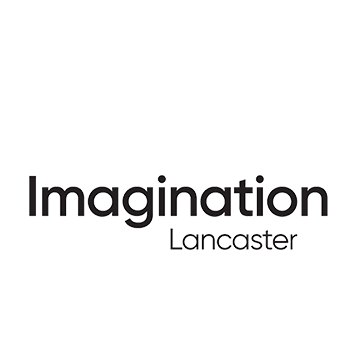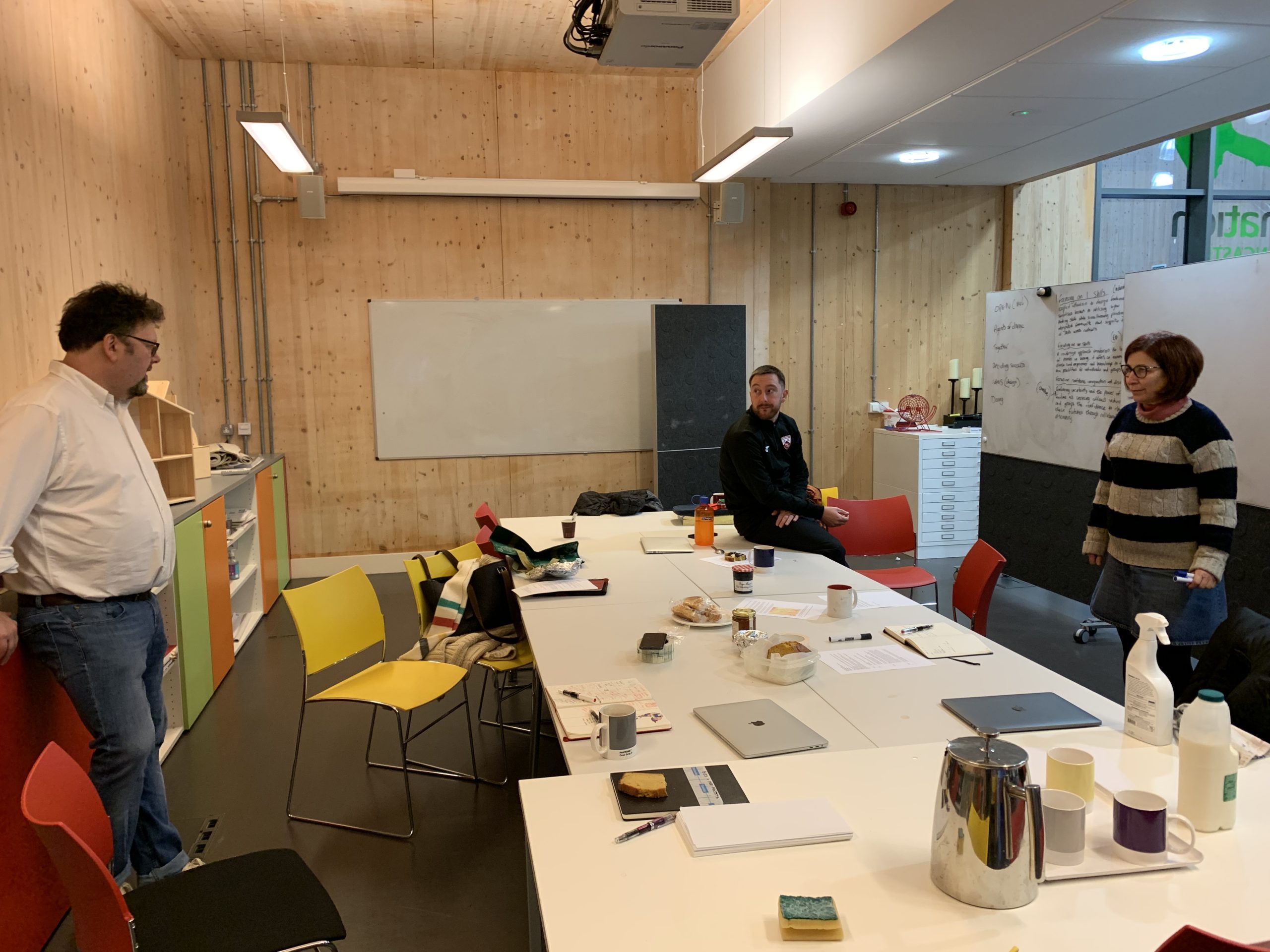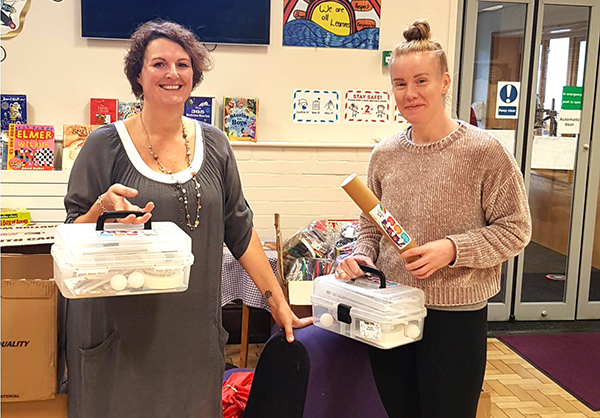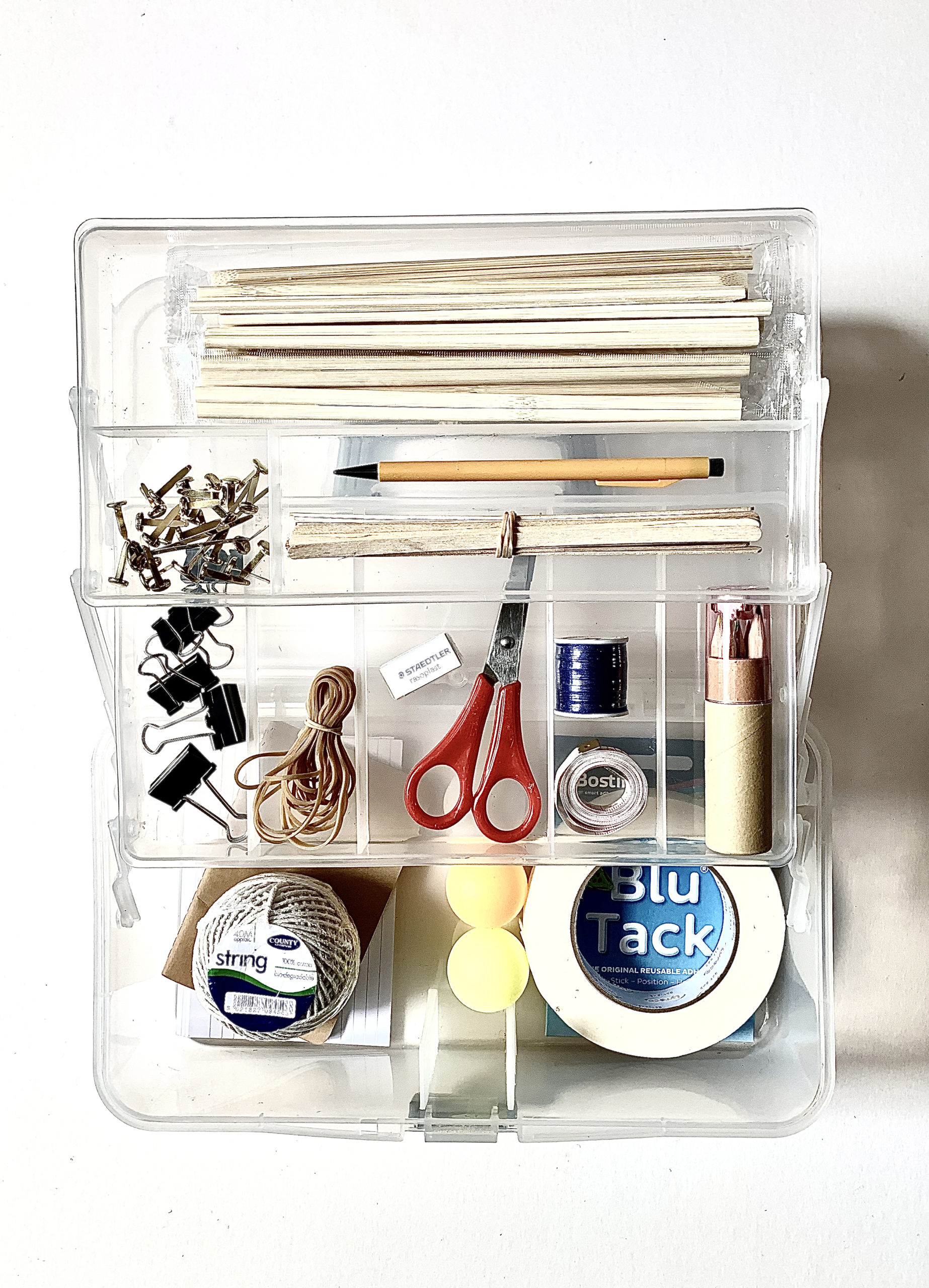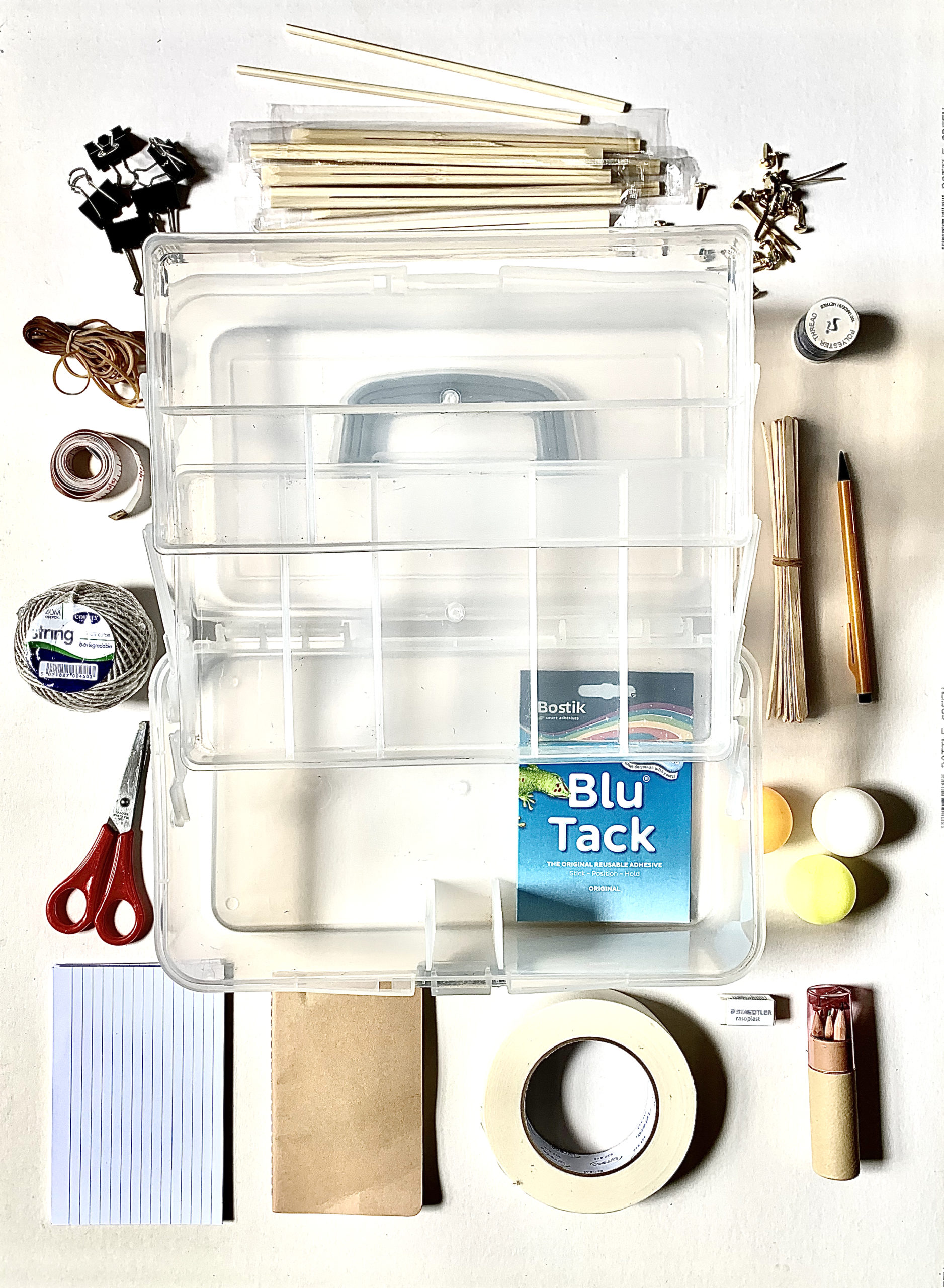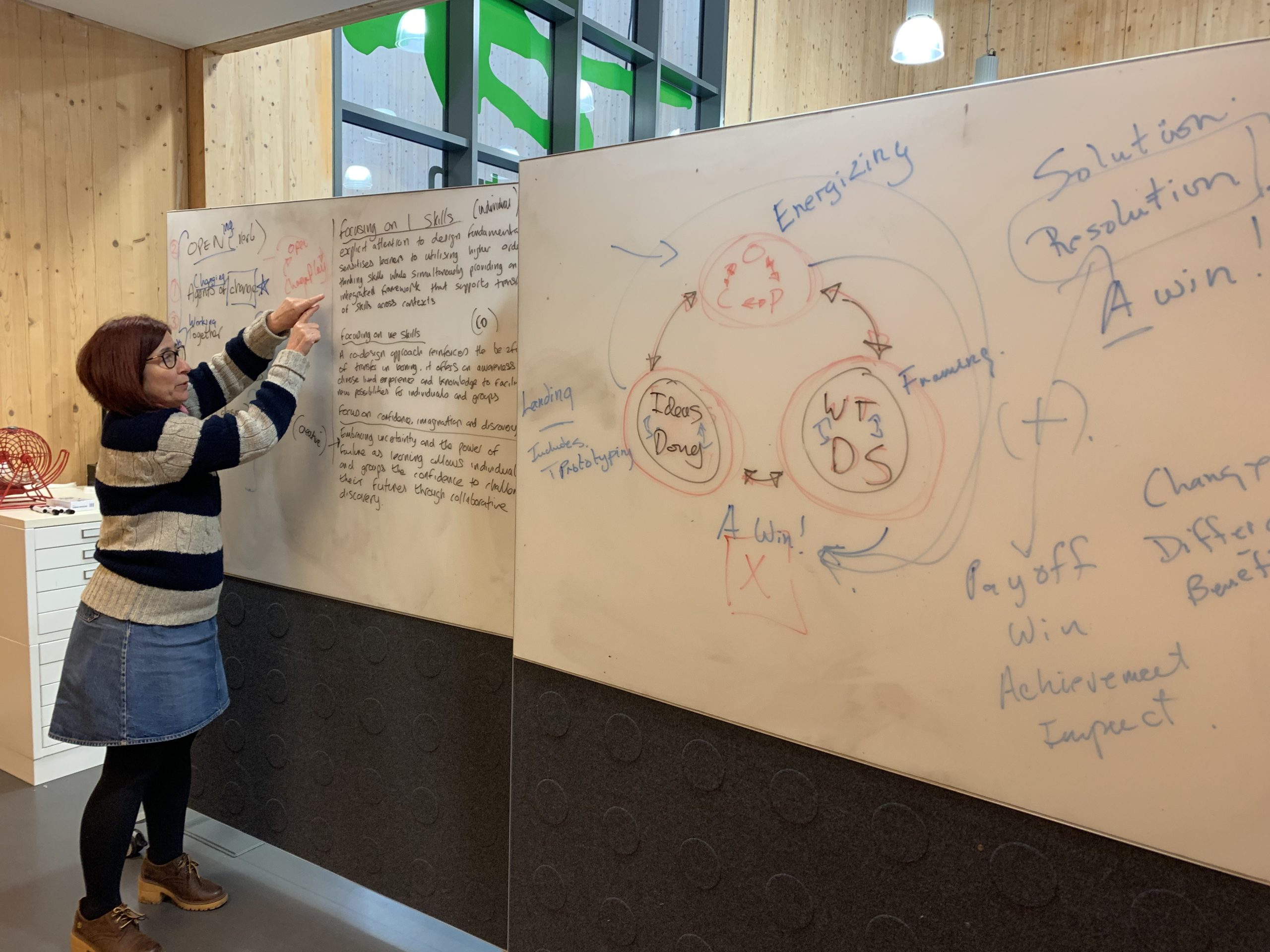FUSE
Lighting the FUSE; co-designing discovery with primary children and their teachers.
One of the insidious effects on communities experiencing structural barriers to success is that there can be a lack of confidence to explore, discover, plan and fail. ‘Small horizons’, reduced aspirations and a propensity to settle for less are the inevitable outcome. FUSE is a cross-disciplinary project that aims to open up horizons of discovery for primary school children from these seldom heard from communities.
FUSE builds upon a project rooted in the depths of the first COVID-19 lockdown when we were all confined to our homes. The pandemic challenged many families as they reorganized established routines of working, learning and living together. But for those on who we all depended, who cared for the elderly, cleaned hospitals, kept stores stocked with food and other essential goods, and maintained power, water and communication systems, the balancing of work, home and childcare was far more difficult. And for vulnerable populations with precarious incomes, insecure food supplies and little or no access to green space, the impact on well-being was more marked. This resulted in many parents faced with home schooling, stressful for everyone but a significant portion of these parents did not themselves have a strong educational base to draw from and also lacked the digital and physical resources to provide a stimulating environment to support their children. If ever there was a context to widen the educational gap between the have and have-nots, this was the perfect storm.
The Box Project responded to this, not by parachuting in technology but rather developing a high-quality set of physical resources pens, paper, googly eyes, balloons and many others in a robust and good quality cantilever tool box. It set itself a stiff set of evaluation criteria. The boxes needed to support children stilled by lockdown in returning to their former thinking, moving, creative selves. They needed to reawaken learning in children whose worlds had shrunk and whose opportunities for growth had seized up. They needed to excite the imagination, leave space for collaboration and foster the focused engagement that correlates with intellectual development. There could be no cookie cutter outcomes. For the boxes to meet these criteria for children of multiple age groups and living in a diversity home environments, the boxes had to offer multiple pathways to success. Throughout lockdown these box resources have been adapted and replenished. To accompany the boxes a range of research-led provocations and suggestions (not worksheets) were designed. A collaborative outcome of the efforts of the FUSE team, David Perez and Nuri Kwon, Joe Bourne, school administrators and educational consultants, and academics from across the university, the boxes were taken up differently in each school. However, the overarching result was the same. In almost every setting, Heads described both immediate and longitudinal effects of integrating the boxes into their pandemic responses.
Working closely with the schools in Morecambe and Lancaster and lead by Nik Marsdin the Universities Schools development manager, the Box Project has to-date distributed over 2,000 boxes to date.
Teachers are responding to the boxes and the changes seen in their children and as researchers we are seeing changes in practices in schools. For example, Stepping Stones, which works with students with significant learning challenges, uses the boxes as a mediational resource in fostering students’ capacities for self-management, thus hastening their reintegration into a mainstream classroom. Over time, teachers have seen resources from the boxes appear in school projects, extending what children have been supported in imagining and exploring. Regardless of how it has been taken up, the Box becomes a box of ideas.
Box though was never just about physical resources but rather unlocking and unlocking the potential of children and the teachers of those whose possibilities are confined by institutional regimens and who do not benefit from the privileges offered (for example) to those working in academia. FUSE has grown out of this aspiration to stimulate a more equitable landscape for children and their teachers. We are exploring with them how to embed discovery, co-design, collaboration and the confidence to fail. Collaborating together across Linguistics (Diane Potts) School Engagement (Nick Marsdin) and Design (Leon Cruickshank and Lee Brewster) FUSE aims to transform teaching and learning through a co-design approach to discovery in primary children and teaching.
